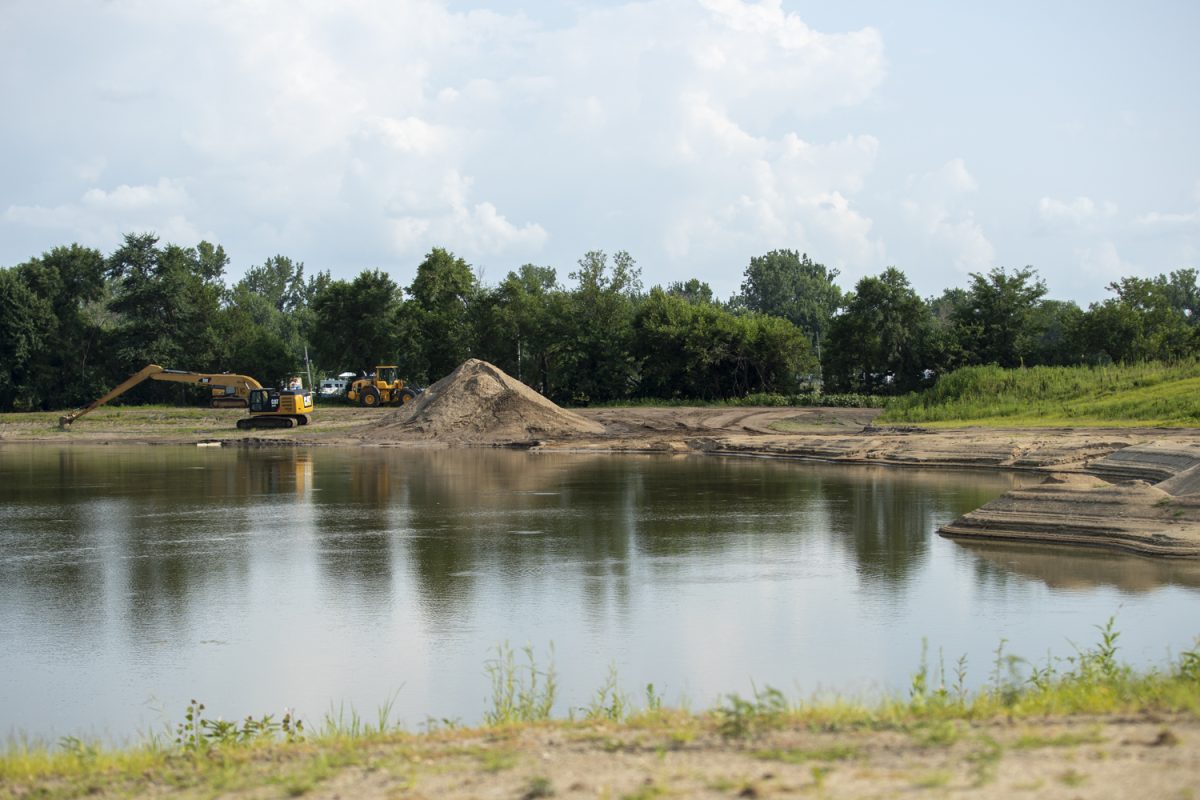Johnson County residents can rest assured that several local facilities have taken precautionary steps to screen individuals for potential exposure to Ebola.
Ambulances and several blood-donation centers have added to their screening efforts.
The first case of Ebola was diagnosed at the end of September, when a man traveled to Dallas and brought the disease from Liberia. Since then, health-care facilities in Dallas have been put under scrutiny after the virus spread to two nurses caring for the victim.
Several more individuals have been monitored for signs of the virus, most recently, two individuals who flew into Chicago O’Hare international Airport.
Director of the Johnson County Ambulance Services Steve Spenler said he has drafted a response plan if the virus were to become more prominent.
“We don’t have anything in place right now, actually, as far as a response plan,” Spenler said. “If there was more widespread Ebola, we would.”
The draft includes procedures on how to safely encounter and transfer an infected individual, how to disinfect the ambulance, and how to effectively use personal protective equipment.
The ambulance service has also taken inventory of all protective equipment and employees will go through training in November to practice putting on and removing protective equipment, Spenler said.
Brandon Siggins, the Johnson County emergency communications coordinator, said for all medical calls, certified responders go through an emergency dispatch system.
A new tool has been added in the past two weeks specifically tailored for infectious diseases.
If a caller were to report symptoms such as high fever, nausea, or vomiting, the dispatcher would proceed by asking a specific set of questions, provided by that tool.
“If the caller describes symptoms that match with this tool, we then ask if they’ve traveled to Africa or been in contact with somebody who has traveled to or from Africa,” Siggins said. “If they say yes, we will continue through that process.”
Spenler said the communication center would then proceed to relay any information to emergency responders.
Blood- and plasma-donation centers throughout Iowa City have also taken similar precautions.
Paula Dayton, the donor center supervisor at the University of Iowa DeGowin Blood Center, said donor are asked a list of questions about their travel history, specific symptoms, exposure due to travel, and contact with blood or body fluids.
“We are responding to Ebola the same way the rest of the hospital is,” Dayton said.
The Biotest Plasma Center has also taken additional steps to ensure each donor is screened.
“As an additional step to the current established donor exclusion criteria … [the center] implemented a deferral of 60 days for donors returning from or who have been in contact with individuals returning from Ebola virus affected areas,” center manager Dan Rohwer said in a statement.
Siggins said any additional changes in procedure will depend on the virus’s impact.
“Our policies will change to adapt to the change of the virus,” Siggins said. “If it’s a true outbreak, there will probably be some more minor tweaks to our policy to accommodate those.”






